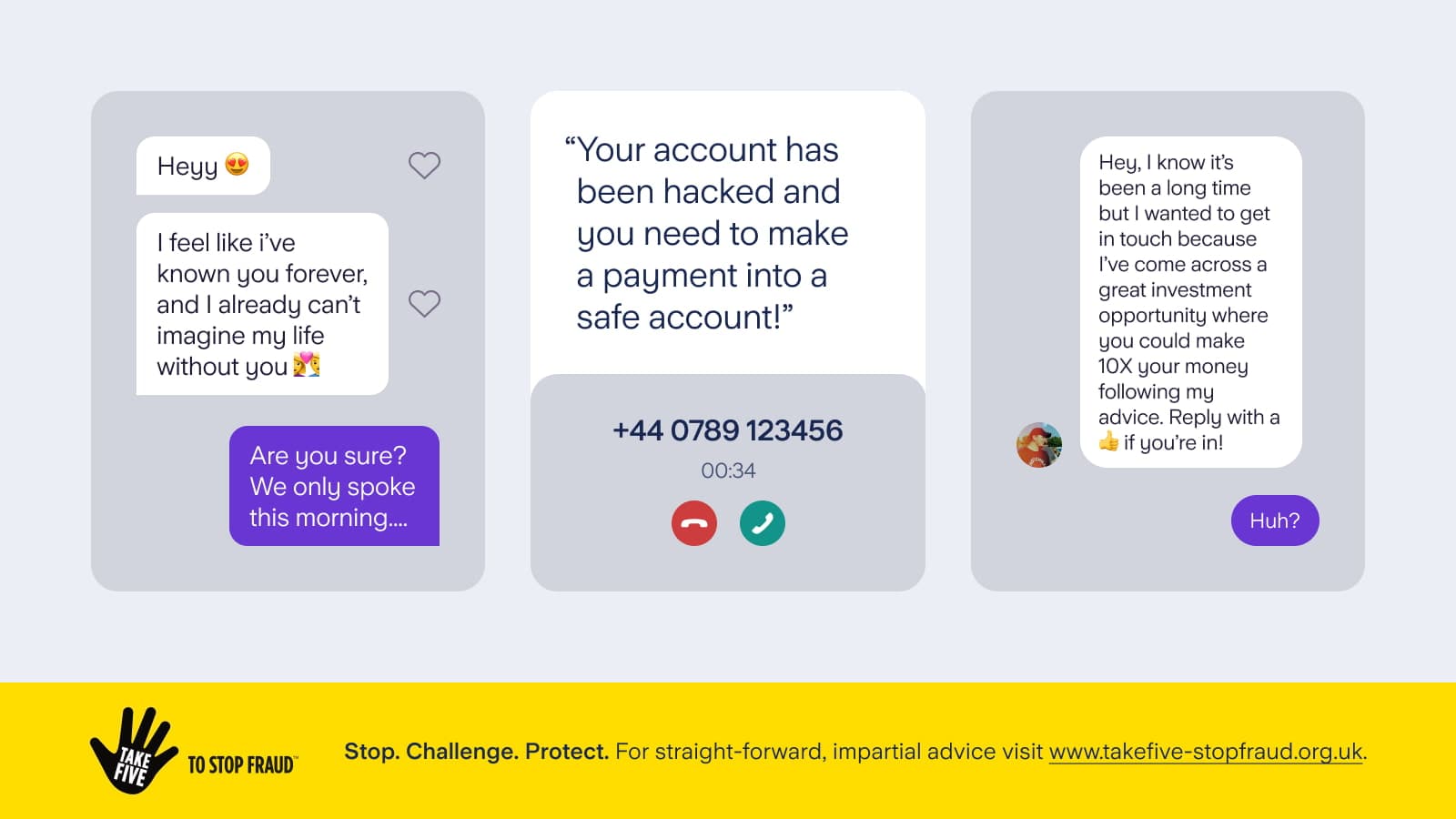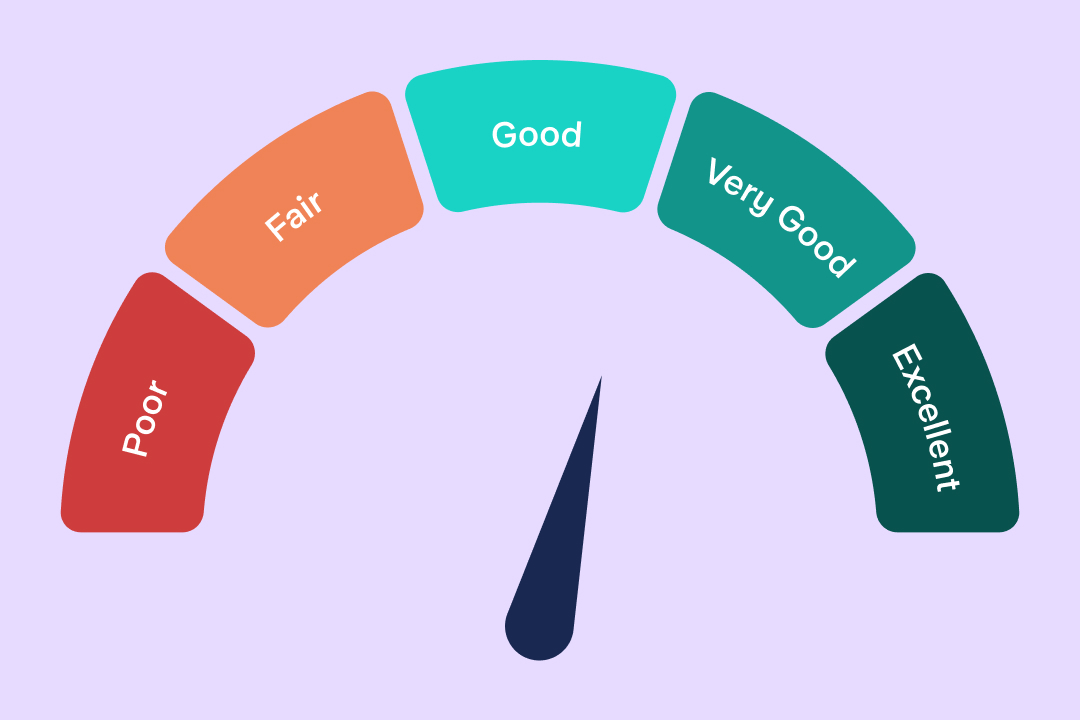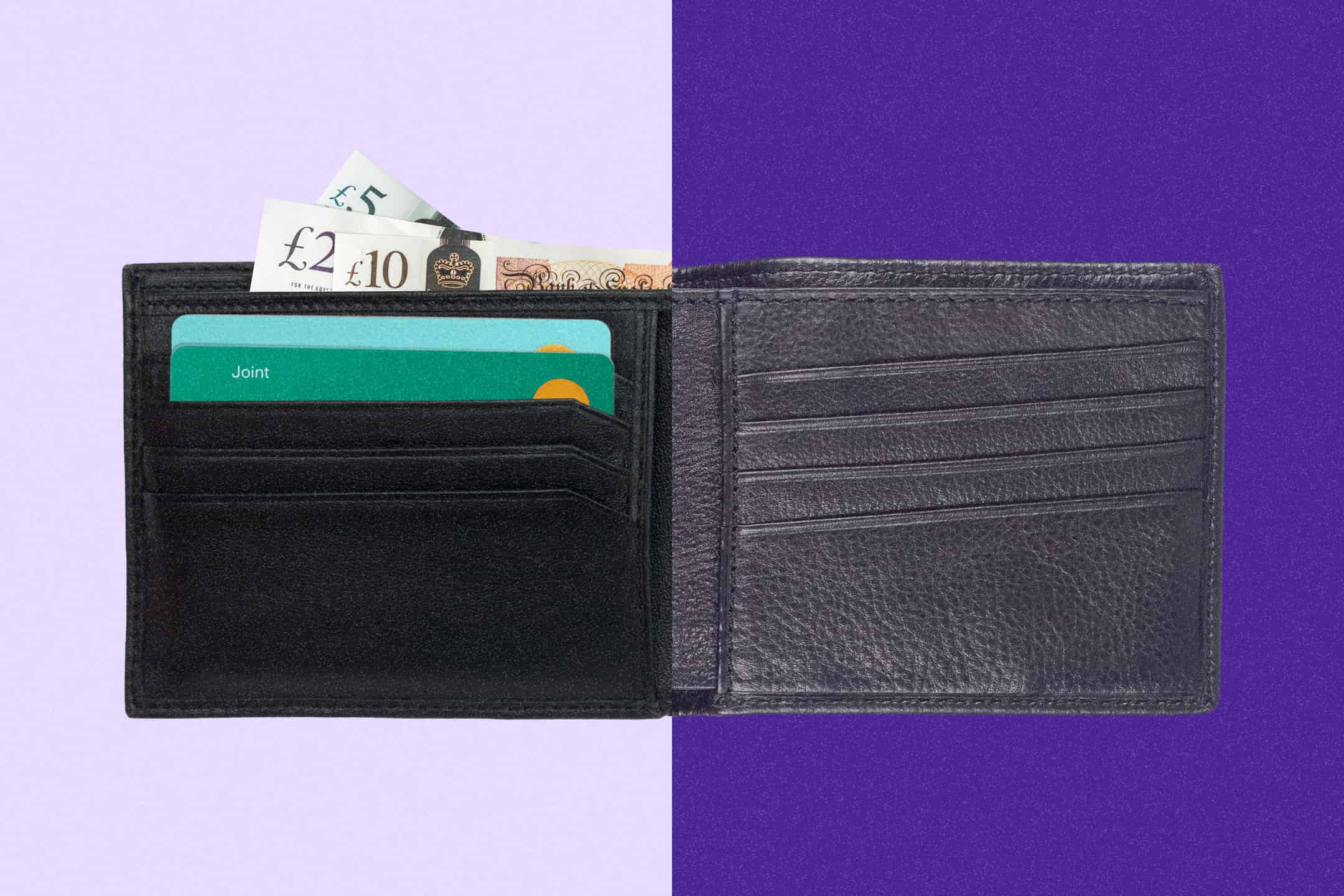
Personal finance
“We couldn’t get on the pitch – there were loads of men playing. The girls were so disappointed.”
15th May 2024

During their early years, children can develop vital life skills which they carry through into adulthood. Before the age of seven, they are often like sponges, absorbing everything they see, hear or experience. This can be ‘imprinted’ in their subconscious, and may be accepted unquestioningly as true.
Between the ages of eight and thirteen, or even before, children begin to copy other people, modelling the language and actions of caregivers and teachers.
In these early years, hearing positive messages and observing and learning healthy behaviours associated with money, is crucial to having a good relationship with money as an adult.
So how best should you talk about money to children?
‘Money doesn’t grow on trees’. ‘It’s not good manners to talk about money’. ‘People like us can’t afford that’. ‘I’m so bad with money’.
Messaging about money is sometimes tinged with negativity. Be mindful of the language you use and where possible, build a positive story around your money conversations so that children attach a constructive meaning to what you are saying.
By adding a context and explanation to the statement ‘we can’t afford that’, the associated meaning of ‘we don’t have enough’ can be changed into a much more positive ‘we are saving for something else which is more important to us’.
Importantly, it isn’t just what you say but also what you do that matters.
Budgeting, checking our bank balance before spending and saving regularly are all examples of healthy money behaviours. Unhelpful ones include spending without thinking, excessive borrowing and avoiding money discussions. Whether we develop positive or negative money habits, it’s something we model based on our adult role models’ behaviour and our experiences.
When an adult doesn’t have a good relationship with money themself, improving their own knowledge and changing their own money habits is the first step. It can be helpful to explore personal finance blogs or podcasts for ideas on positive money management. Have a think about your own ability to model positive behaviours to the people who are watching you.
Don’t underestimate the value of giving children some financial responsibility from an early age. This simple act helps normalise money conversations and that’s important in a society where money is still very much a taboo subject. The new Kite debit card for kids is great for allowing them a degree of freedom with their money, within the limits set by the adult around how much and where they can spend.
Younger children can help with deciding on where your family spends money. Let them write the shopping list or work out how much your family holiday will cost.
Talk to older children about how much you earn, how much you pay in bills and why we pay taxes. Let them help with putting together the household budget.
Read the other articles in our Money Explained series:
The pros and cons of pocket money
Teaching kids how to stay safe with money

Personal finance
15th May 2024

Personal finance
13th May 2024

Personal finance
14th March 2024

Money Truths
2nd July 2025

Money Truths
1st July 2025

Money Truths
29th May 2025